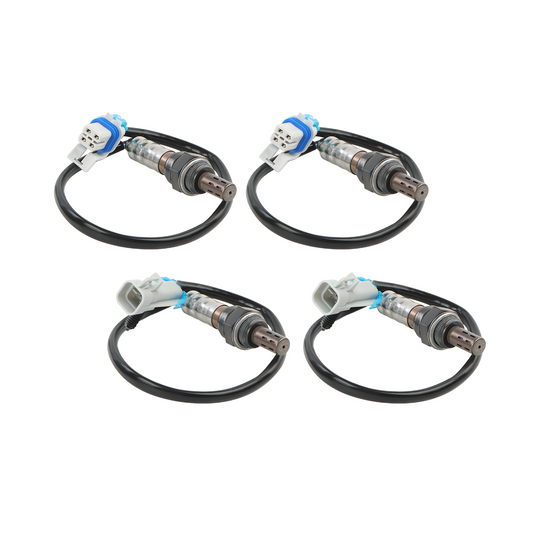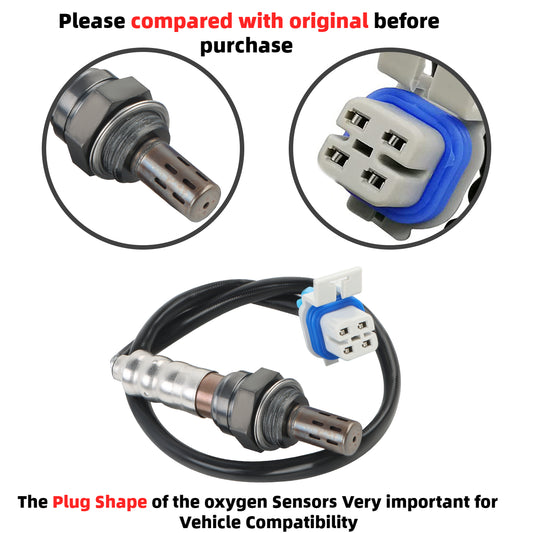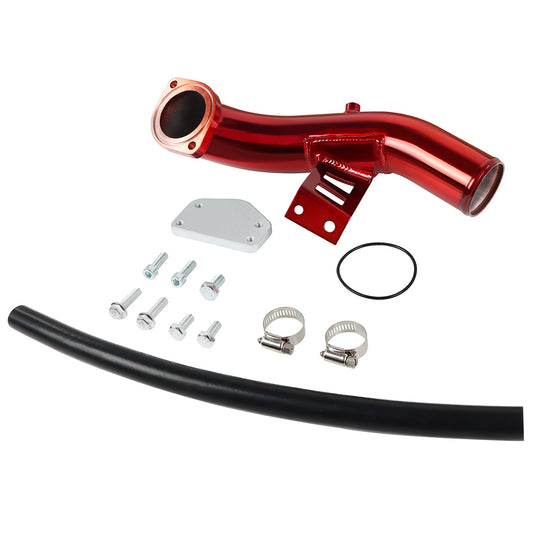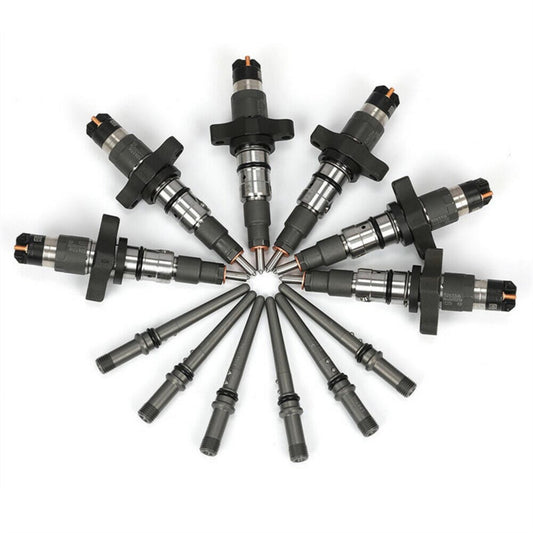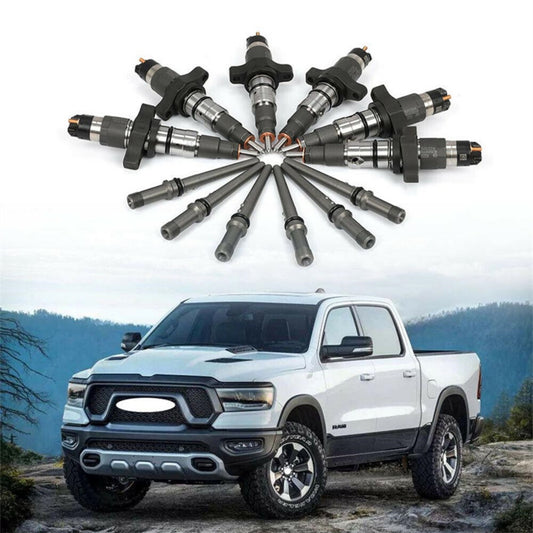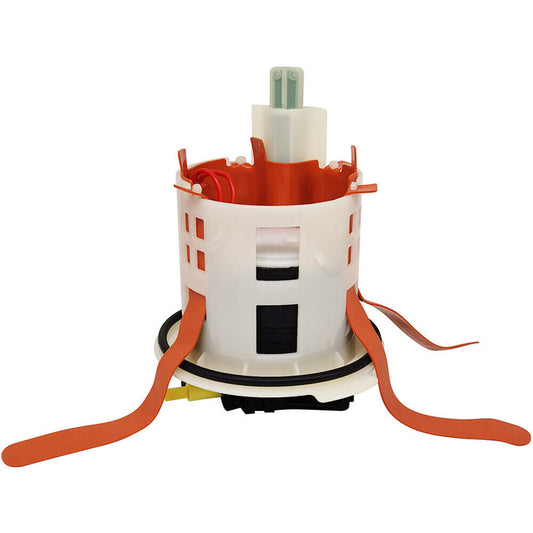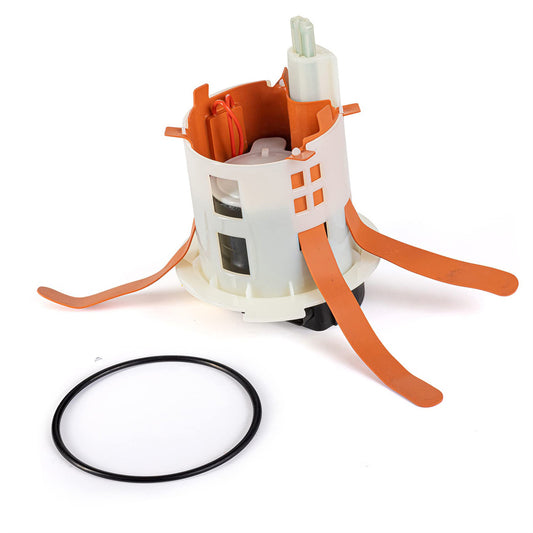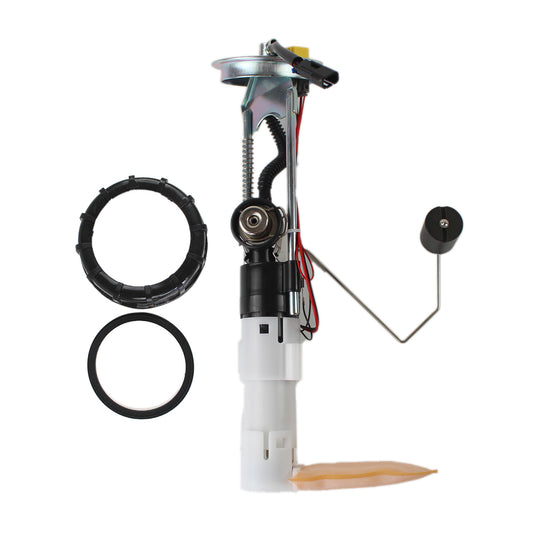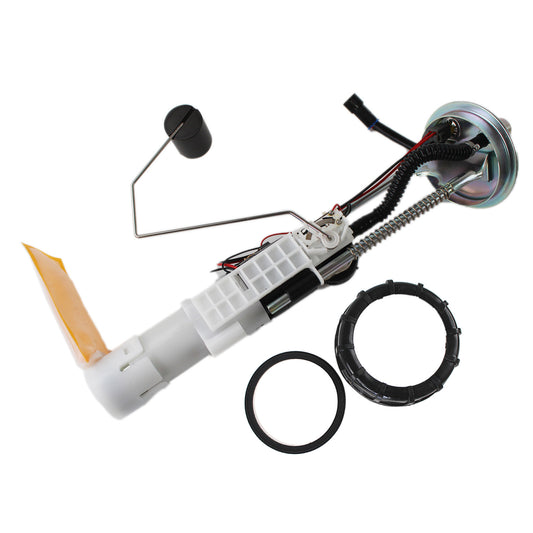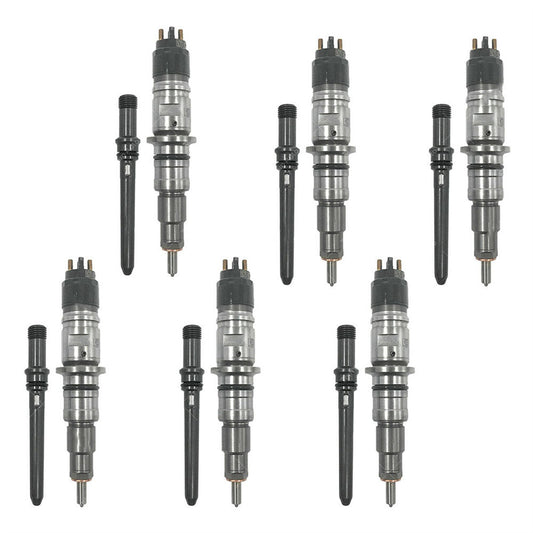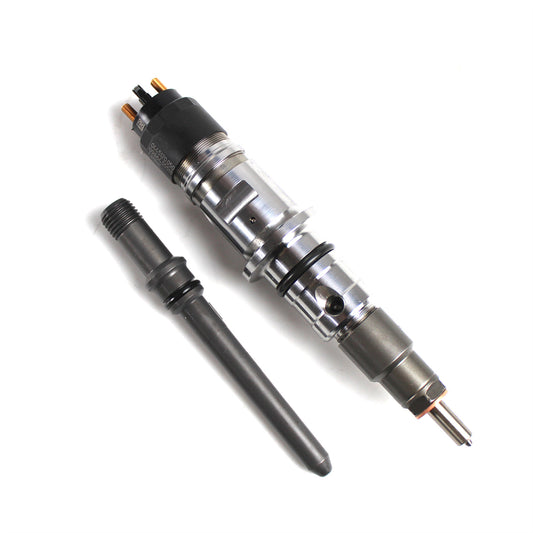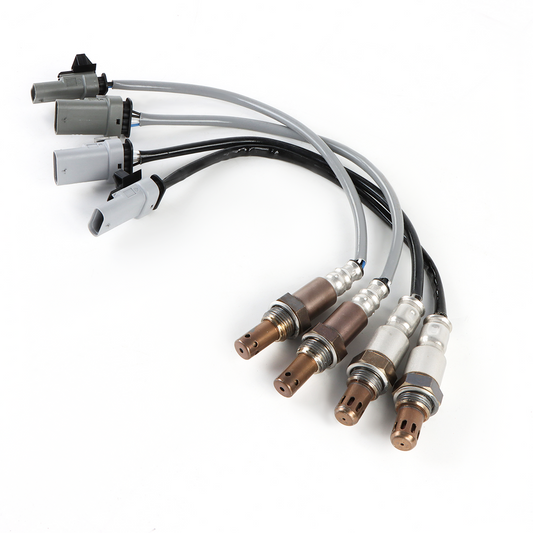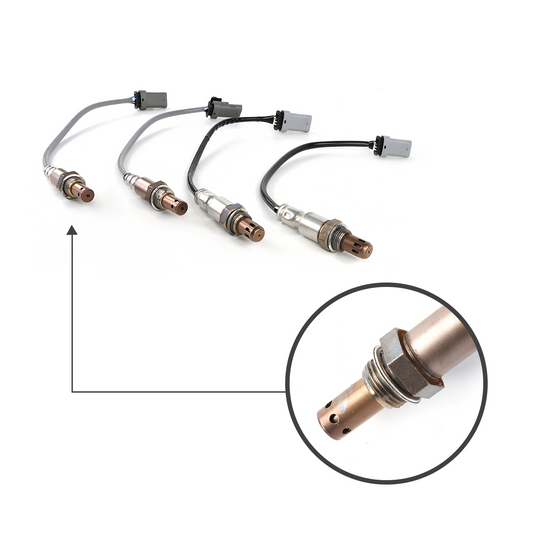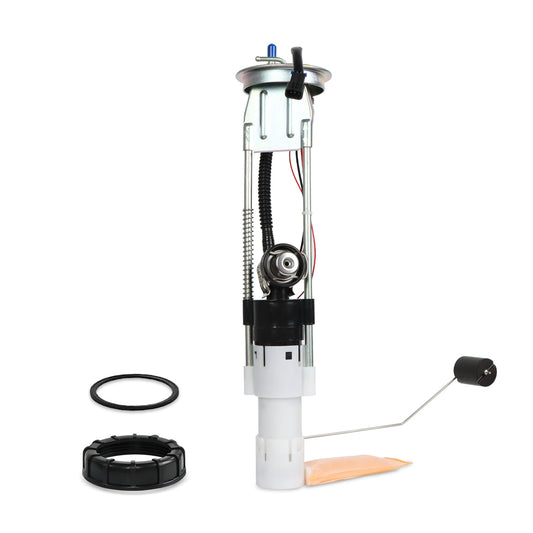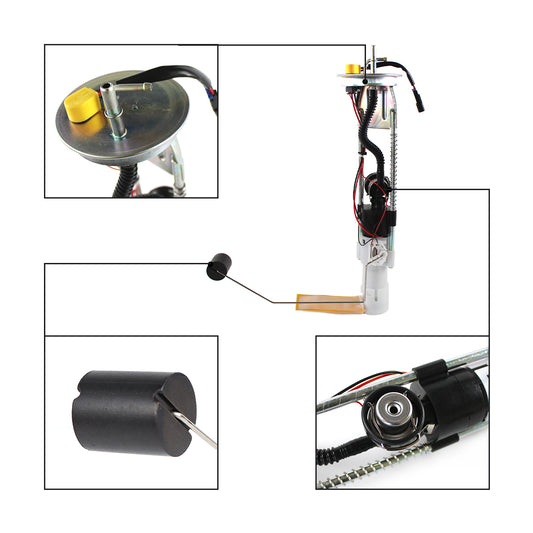How to Quiet a Noisy Car AC Compressor: Troubleshooting and Solutions
The car's air conditioning system plays a crucial role in providing comfort during drives. However, a noisy AC compressor can disrupt the driving experience and may indicate underlying issues. In this blog post, we will explore various troubleshooting steps and offer solutions to quieten a noisy car AC compressor.
Types of Noise and Possible Causes: Different types of noises from the AC compressor can signify specific problems. Understanding these noises and their potential causes is essential for effective troubleshooting. Here are some common noise types and their explanations:
Hissing Sound:
One possible cause is a worn-out AC compressor belt. Friction generated by a worn belt can result in a hissing sound.
Another potential cause is refrigerant leakage, which leads to improper system operation and generates a hissing noise.
Squealing or Screeching Sound:
This type of noise is often associated with pulleys or tensioners, such as worn-out pulley bearings or failed tensioners.
Loose components, misalignment, corrosion, or contamination can also contribute to squealing or screeching sounds.
Rumbling Sound or Vibration:
This noise may result from internal structural issues within the compressor, such as loose or worn internal components.
Low refrigerant levels, valve malfunctions, or compressor overload can also lead to vibrations and rumbling sounds.
Clicking or Metal Clanking Sound:
Clicking sounds are commonly related to faults in the compressor's internal pistons or other mechanical components.
Loose components, worn piston rings, internal structural looseness, or malfunctions can contribute to clicking or clanking sounds.
Troubleshooting Steps:
To identify and resolve the noisy car AC compressor, follow these detailed troubleshooting steps:
Observe and Listen to the Noise:
Start the engine and activate the AC system, carefully observe and listen to the type, frequency, and location of the noise.
Take note of any associated abnormalities like vibrations, odors, or abnormal temperature variations.
Check the AC Compressor Belt:
Turn off the engine and ensure the vehicle is safely parked.
Inspect the belt that drives the compressor. Look for signs of cracks, wear, or looseness, as it could be a contributing factor to the noise.
Adjust or replace the loose or damaged belt with the correct specifications recommended by the vehicle manufacturer.
Inspect and Tighten Loose Components:
Use appropriate tools and torque specifications to check for any loose fasteners (bolts, nuts) within the AC system.
Tighten them securely to eliminate potential noise-causing vibrations and ensure the components are properly aligned.
Address Internal Structural Issues:
If the noise originates from internal structural issues within the compressor, it may require professional repair.
Contact experienced automotive technicians or an authorized repair service to inspect and diagnose the specific problem, performing necessary repairs accordingly.
Preventive Measures and Maintenance: Taking preventive measures and conducting regular maintenance can help avoid future noise-related issues. Consider the following steps:
Clean or Replace AC Filters:
Regularly clean or replace the AC filters to ensure proper air circulation and prevent debris accumulation that can affect the compressor's performance.
Check Refrigerant Levels:
Periodically monitor refrigerant levels and replenish or replace as per the manufacturer's guidelines.
Maintain an optimal refrigerant level to prevent strain on the compressor and reduce the chances of noise generation.
Stay Alert to Abnormal Noises!
Pay attention to any unusual noises or changes in AC system operation. Promptly address any identified problems to prevent further damage and maintain a quiet and efficient AC compressor.
We hope this blog post has provided you with valuable insights and solutions for quieting a noisy car AC compressor. By understanding the different types of noises and their possible causes, you can effectively troubleshoot and address the underlying issues. Remember to follow the detailed steps outlined in this article and consult professional technicians when needed.
If you have any questions or would like to share your experiences in dealing with a noisy car AC compressor, we would love to hear from you. Leave a comment below and let us know your thoughts. Safe travels and enjoy a peaceful and comfortable driving experience with a quiet AC compressor!


